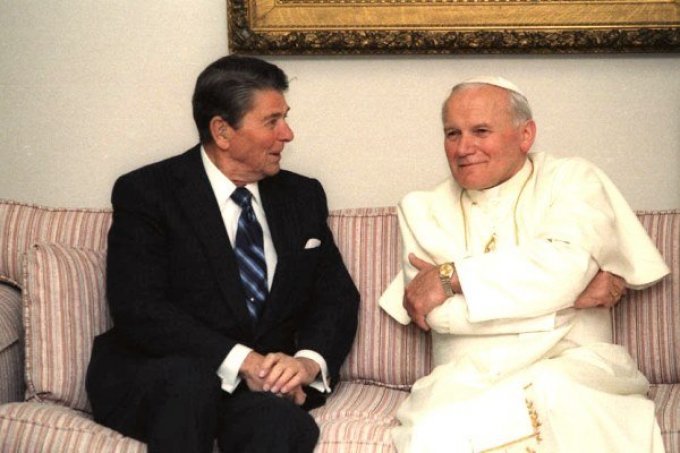Day eight: for the political and economic leaders

Daily verse:
"In Gibeon the Lord appeared to Solomon in a dream at night. God said: 'Whatever you ask I shall give you.' Solomon answered: 'You have shown great kindness to your servant, David my father, because he walked before you with fidelity, justice, and an upright heart; and you have continued this great kindness toward him today, giving him a son to sit upon his throne. Now, Lord, my God, you have made me, your servant, king to succeed David my father; but I am a mere youth, not knowing at all how to act— I, your servant, among the people you have chosen, a people so vast that it cannot be numbered or counted. Give your servant, therefore, a listening heart to judge your people and to distinguish between good and evil. For who is able to give judgment for this vast people of yours?' The Lord was pleased by Solomon’s request. So God said to him: 'Because you asked for this—you did not ask for a long life for yourself, nor for riches, nor for the life of your enemies—but you asked for discernment to know what is right— I now do as you request. I give you a heart so wise and discerning that there has never been anyone like you until now, nor after you will there be anyone to equal you. In addition, I give you what you have not asked for: I give you such riches and glory that among kings there will be no one like you all your days. And if you walk in my ways, keeping my statutes and commandments, as David your father did, I will give you a long life.'" 1 Kings 3, 5-14
Teaching of John Paul II:
"It is urgently necessary, for the future of society and the development of a sound democracy, to rediscover those essential and innate human and moral values which flow from the very truth of the human being and express and safeguard the dignity of the person: values which no individual, no majority and no State can ever create, modify or destroy, but must only acknowledge, respect and promote.
Consequently, there is a need to recover the basic elements of a vision of the relationship between civil law and moral law, which are put forward by the Church, but which are also part of the patrimony of the great juridical traditions of humanity.
Certainly, the purpose of civil law is different and more limited in scope than that of the moral law. But "in no sphere of life can the civil law take the place of conscience or dictate norms concerning things which are outside its competence," which is that of ensuring the common good of people through the recognition and defense of their fundamental rights, and the promotion of peace and of public morality. The real purpose of civil law is to guarantee an ordered social coexistence in true justice, so that all may "lead a quiet and peaceable life, godly and respectful in every way" (1 Tim 2:2). Precisely for this reason, civil law must ensure that all members of society enjoy respect for certain fundamental rights which innately belong to the person, rights which every positive law must recognize and guarantee. First and fundamental among these is the inviolable right to life of every innocent human being. While public authority can sometimes choose not to put a stop to something which-were it prohibited- would cause more serious harm, it can never presume to legitimize as a right of individuals -even if they are the majority of the members of society- an offense against other persons caused by the disregard of so fundamental a right as the right to life. The legal toleration of abortion or of euthanasia can in no way claim to be based on respect for the conscience of others, precisely because society has the right and the duty to protect itself against the abuses which can occur in the name of conscience and under the pretext of freedom." Encyclical Evangelium Vitae, § 71, 03/25/1995.
Witness account:
Saint Thomas More
Thomas More is a British intellectual, friend of Erasmus, lawyer, philosopher, theologian, and politician. He is the chancellor of King Henry the Eighth. He disavows his king's divorce from Catherine of Aragon and refuses to take the oath of supremacy, which would have established the monarch's authority in religious matters and included the abjuration of the pope. Not willing to go against his beliefs, Thomas More is judged for high treason and beheaded. In his life and his death alike, he wanted to remain faithful to God. He is a role model for those who, today, must have recourse to conscientious objection.
Meditation:
Today, we pray for the persons in charge, in both economic and political worlds. May they remain free from personal ambitions and profit-seeking, free from the influence of death culture ideology, and choose to serve the Gospel of Life. May they have the courage, at the likeness of St. Thomas More, to speak the truth, and to behave in their personal life as well as their public life for the greater glory of God.
Our Father...
Hail Mary...
Glory be...
Saint John Paul II, pray for us.
Picture: John Paul II and his friend Ronald Reagan.
Thank you! 50 people prayed
Let your speech always be gracious, seasoned with salt, so that you may know how you ought to answer everyone. Col 4:6